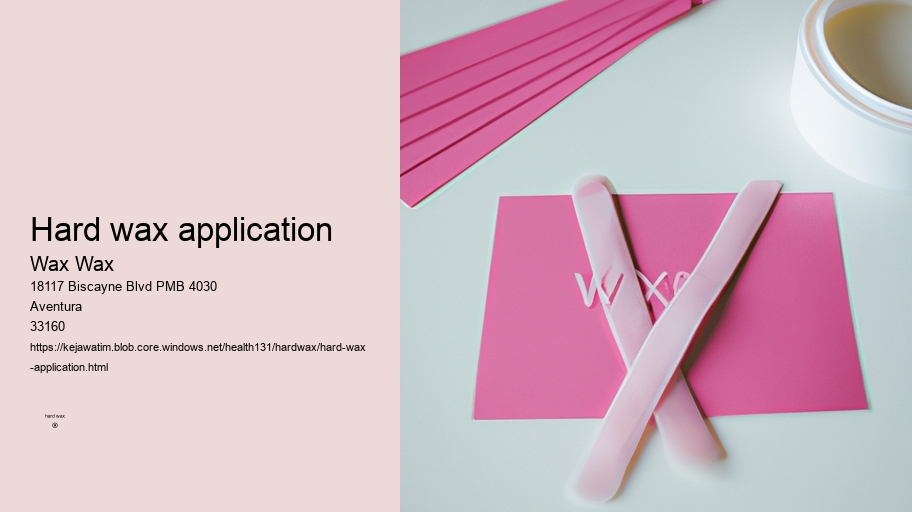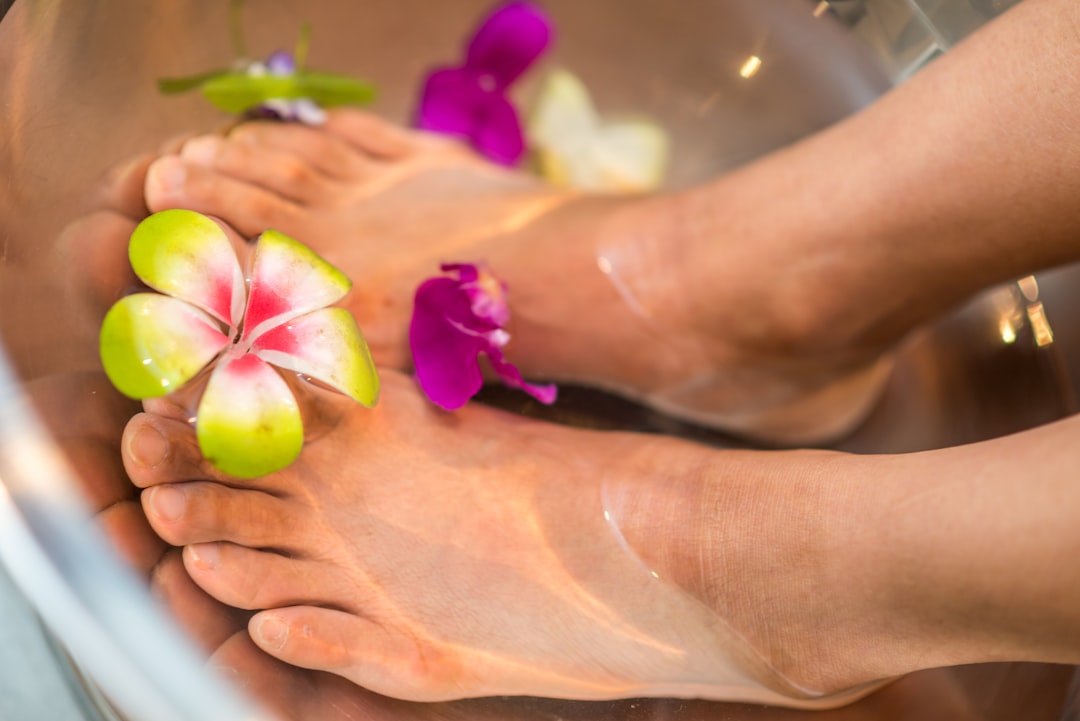

Waxing can be done on various parts of the body, including eyebrows, face, legs, arms, and intimate areas. It offers long-lasting results compared to shaving or depilatory creams because it removes hair from the root. However, some people may experience pain during waxing, especially in sensitive areas.
When waxing at home, it is crucial to ensure that you are pulling the wax strip in the correct direction.
Possibility of improper technique leading to ineffective results
Get the best hard wax products from Wax Wax.The main difference lies in their consistency - hard wax is solid at room temperature and doesn't require strips for removal, while soft wax has a thinner consistency and needs strips to be removed.
Additionally, exfoliation stimulates blood circulation, which aids in the regeneration of skin cells and promotes a smoother, healthier complexion.
The modern practice of waxing has evolved over time, with different techniques and types of wax available. Strip waxing, which uses a thin layer of wax applied to the skin and removed with a cloth or paper strip, is one common method.
How Long Does Hair Need to Be Before Getting Waxed?
What are the benefits of regular waxing compared to shaving or depilatory creams?
Tips for preparing sensitive skin before waxing
Frequently Asked Questions
Male chest before and after waxing.
Ideal length of hair for effective waxing
Apply after showering: After showering, when your pores are open, apply moisturizer to help your skin absorb it more effectively. This will leave your skin feeling soft and supple throughout the day.
This article is about the process of hair removal. For the increase in the Moon's apparent shape, see Waxing and waning . For the covering of fruits in wax, see Fruit waxing .
Both aloe vera gel and tea tree oil can be used together for maximum benefit post-wax. Simply alternate between applying the two products throughout the day to keep your skin smooth, hydrated, and free from irritation. Remember to continue using these soothing products regularly between waxing sessions to maintain healthy and radiant skin!

5. Can both types of waxes effectively remove all types of hair?
Despite its benefits, waxing also has drawbacks such as ingrown hairs and minor bleeding. Additionally, individuals with certain medical conditions or taking specific medications may be at higher risk for skin irritation or complications during waxing.
Prevent ingrown hairs: Overwaxing can also result in ingrown hairs due to excessive trauma to the hair follicles.
Communicate with your esthetician about any skin concerns or sensitivities to ensure a safe and effective waxing session. First and foremost, let your esthetician know if you have any allergies (H3) or skin conditions that may be aggravated by waxing. This will help them choose the appropriate type of wax for your skin type and avoid any potential reactions. Furthermore, inform your esthetician if you are using any skincare products (H3) containing active ingredients like retinol or alpha hydroxy acids, as these can make your skin more sensitive and prone to irritation during waxing. Lastly, don't hesitate to speak up during the session if you experience any discomfort or pain (H3)! Your esthetician can adjust their technique accordingly to minimize any discomfort and ensure a more pleasant experience.
Firstly, choose loose-fitting garments made of cotton or other soft materials. (H3) Secondly, avoid wearing tight jeans or leggings immediately after waxing as they can cause friction on the skin. (H3) Thirdly, opt for skirts or dresses rather than pants to give your skin some breathing room. (H3) Lastly, make sure to stay away from synthetic fabrics like polyester that can further irritate your sensitive skin. (H3)
1. How does waxing provide longer-lasting results compared to shaving or depilatory creams?
Pregnant women can generally wax safely, but should consult their doctor first and may experience increased skin sensitivity.
Waxing typically keeps hair away for 3 to 6 weeks.